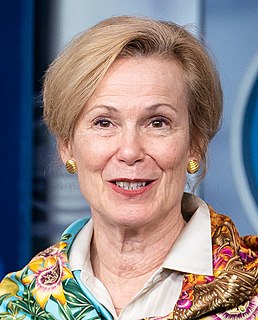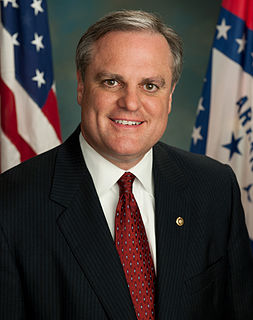Top 32 Pandemics Quotes & Sayings
Explore popular Pandemics quotes.
Last updated on April 19, 2025.
In the southern countries and in the regions and continents like Africa, which is where the origin of life on earth began, there is tremendous debt on humanity, it is one of the most underdeveloped areas and where the worst pandemics exist. In many incidents the European powers that colonized them are now not even capable of helping them.
Take pandemics. There could easily be a severe pandemic. A lot of that comes from something we don't pay much attention to: Eating meat. The meat production industry, the industrial production of meat, uses an immense amount of antibiotics.We're now running out of antibiotics that deal with the threat of rapidly mutating bacteria. A lot of that just comes from the meat production industry. Well, do we worry about it? Well, we ought to be.
I don't think pandemics make us afraid of death, I think they make us afraid of oblivion. They force us to grapple with the futility of effort. Also they make us barf which isn't fun either... Wash your hands, cover your coughs, and find a way to hold in balance the futility of effort with the necessity to struggle.
The human species is now at a point where it has to make choices that are going to determine whether decent survival is even possible. Environmental catastrophe, including war, maybe pandemics, these are very serious issues and they can't be addressed within the current structure of institutions. That's almost given. There have to be real significant changes, and only really effective popular mass-based movements can introduce and carry forward such initiatives, as indeed did happen during the 1930s.
In Cuba, what we do not accept is the comparison of our participatory democracy with bourgeois democracy which has not solved anything for humanity. The only thing it has done is to take humanity towards a precarious point. They have created the environmental crisis, the food crisis, the water crisis and the pandemics all over the world. The reason for that is because they have taken the majority of the resources and given it to militarism paid for by the western powers because it is a great business for them; this is the real truth.
A united humanity will be able to confront the many troubling problems of the present time: from the menace of terrorism to the humiliating poverty in which millions of human beings live, from the proliferation of weapons to the pandemics and the environmental destruction which threatens the future of our planet.
One of my first priorities as a new member of Congress in 2019 was to visit the CDC and learn firsthand about what they needed to help protect Americans. After my visit, I learned their budget had previously been cut, and that they needed funding to modernize their data systems to help prevent pandemics and other public health crises.
In a world where millions of human beings live in extreme poverty, die of malnutrition and lack medical care, where pandemics continue to kill, it is imperative to pursue good faith disarmament negotiations and to shift budgets away from weapons production, war-mongering, surveillance of private persons and devote available resources to address global challenges including humanitarian relief, environmental protection, climate change mitigation and adaptation, prevention of pandemics, and the development of a green economy.

















